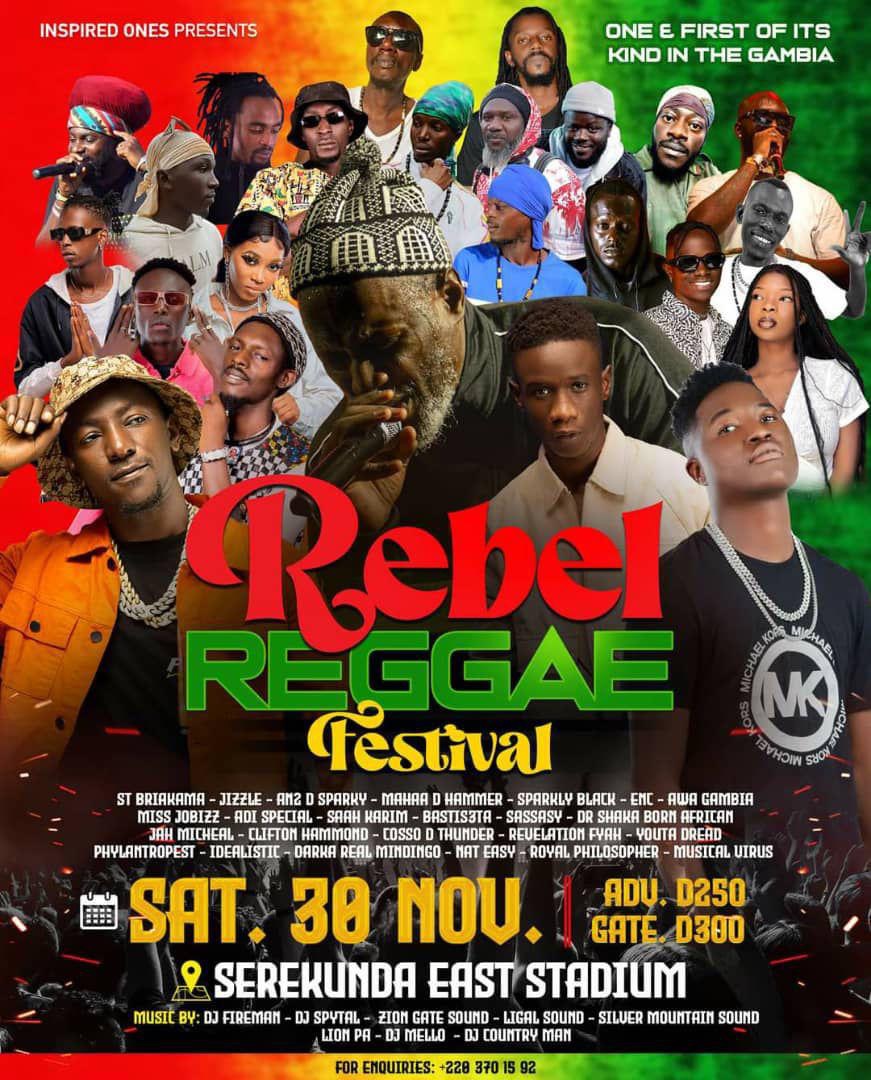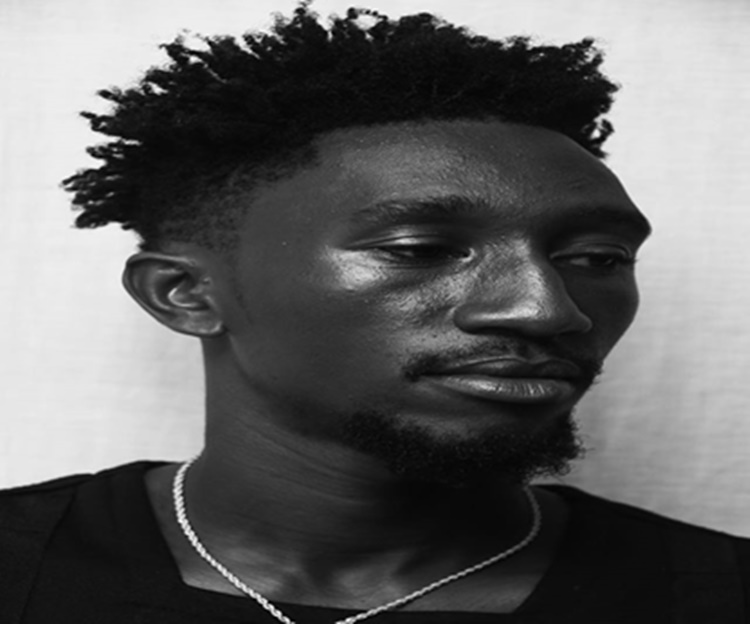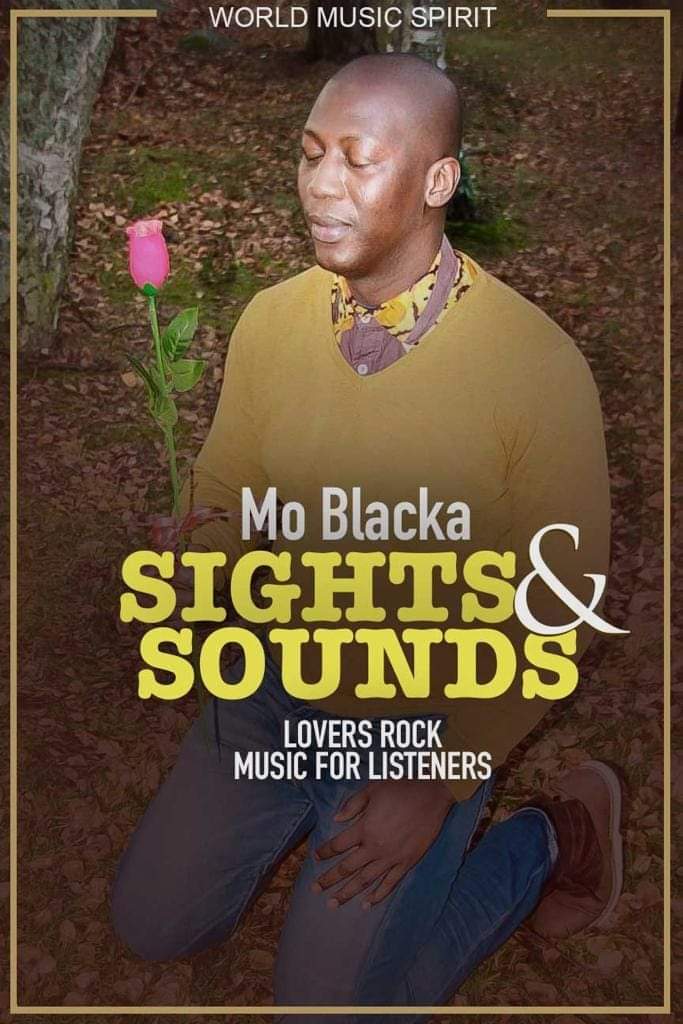By Betty Ceesay
In the 80s and 90s, Gambian music was like a storm only good enough that you can get some direction from and not for entertainment. This was a result of poor production kits: singers just had to make use of what was available. Producers were not capable enough and even if they were, the platforms were not so available and that was a problem. The Artists themselves had their challenges: the Gambia consisting of societal norms and values had been one major challenge and has discouraged a good number of talented people to not taking a step into the industry. Now Gambian artists are doing great and this is not only because artists and songwriters are doing better but because the world of entertainment has shifted mainly to the music industry worldwide. Gambian music is doing good and can do great and even better than just great with little more support and exposure for the artists and fans.
As a contribution to achieving this goal, The Voice Gambia is willing to play its part in providing more platforms for Gambian artists.
On this page, every Gambian artist has a chance to speak out on every aspect of their journey towards their career ranging from their educational background to their career identification and first song leading to where they are today. The purpose of this initiative is to open artists to the wider public and their fans in particular. We are set to fly the flags of beautiful, motivational, and inspiring sounds rhyming in glory on the air.
In this maiden edition of this Artists and Art, this writer is introducing Mahaa D Hammer, Gambia’s finest dancehall artist together with Aisha, a multitalented young DJ.
Mahaa D Hammer is the Gambia’s current leading dancehall artist. He is more of a reggae lover but with the influence of hip hop music gets to do good at dancehall, he loves singing, too Mahaa loves singing. Also, he is a sound engineer at Idealist Media Company doing video/photography editing.
Mahaa has a home studio where he does voiceovers, Advertisements, Documentaries, and a lot more. Not only an artist but the gentleman is also into retailing perfumes deodorants and a lot of other basics.
Mahaa attended Tallinding Lower Basic School and later moved to Daddy Jobe Comprehensive School for his junior and senior secondary school education and graduated in 2010.
He later did an I.T course at Jolof Tutors up to Diploma level unfortunately couldn’t complete it for reasons best known to him.
“Edutainment and social issues affecting my surroundings are my greatest inspiration,” Mahaa D Hammer said.
Mahaa D Hammer started his music career in 2010 and recorded his first song with a group called “LK Elements” and was able to produce three songs with his fellows but later left the group to focus on Solo. The singer Recorded his first mixtape project called “Stress & Pain” which was launched and released in 2014. He did another Extended Play(EP) which he titled “Ways and Means”.
Mahaa explained that the quest to build his career has been a rough journey because he is yet to find a good management team to run his music business professionally as he wishes. This has affected his growth in the industry because artists need strong influence, publication, and marketing to capture the attention of listeners; because producing good music alone isn’t enough. The songwriter revealed that he had worked with a label known as Idubs Music for three years to better establish himself in the art that he dearly loves and at moment is working Solo. With the amount of passion to build his career, he calls on any interested candidate with all necessary qualifications in music and artist management who may have had the chance to read this article to reach out to work with his team.
The singer is not only focused on the music industry but also a sound engineer at Idealist Media Company and also doing video/photography, while he also have a side business.
Pushing Gambian music forward, he, however, pointed out key areas that are of concern to him and other aspiring artists. He said “The only thing he is scared of is the lack of instrumentalists in the game (industry). “We tend to have a lot of youths interested in just the beat and mic but no music knowledge to back up our creativity which is dangerous”. He appealed to people to take up playing instruments as a profession; “go to school to learn the necessary things and in just a few year time Gambian music shall see a lot of Ghetto turn into professional backing bands. This is not only good for the music industry but will help engage a lot of people which would ease the burden of unemployment,” he stated.
The singer expressed so much gratitude for the fact that the industry has grown drastically coupled with the positive response they get as artists. In his words, “people respond to our calls in large numbers. Besides music it is all about good vibes proper visuals and strong promotion.”





